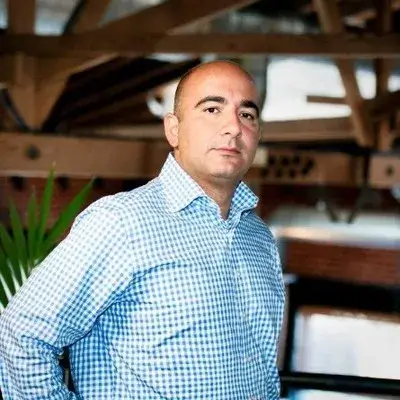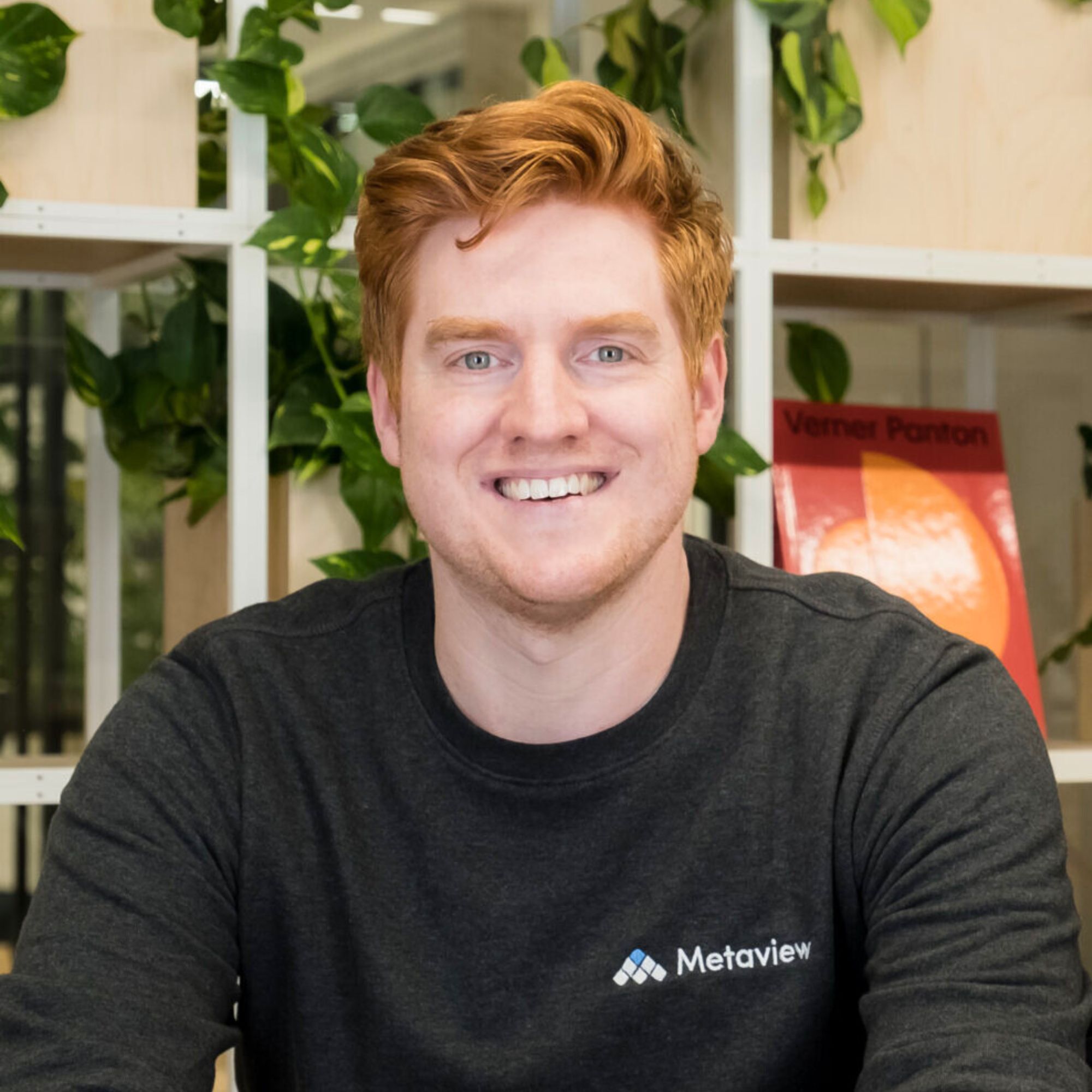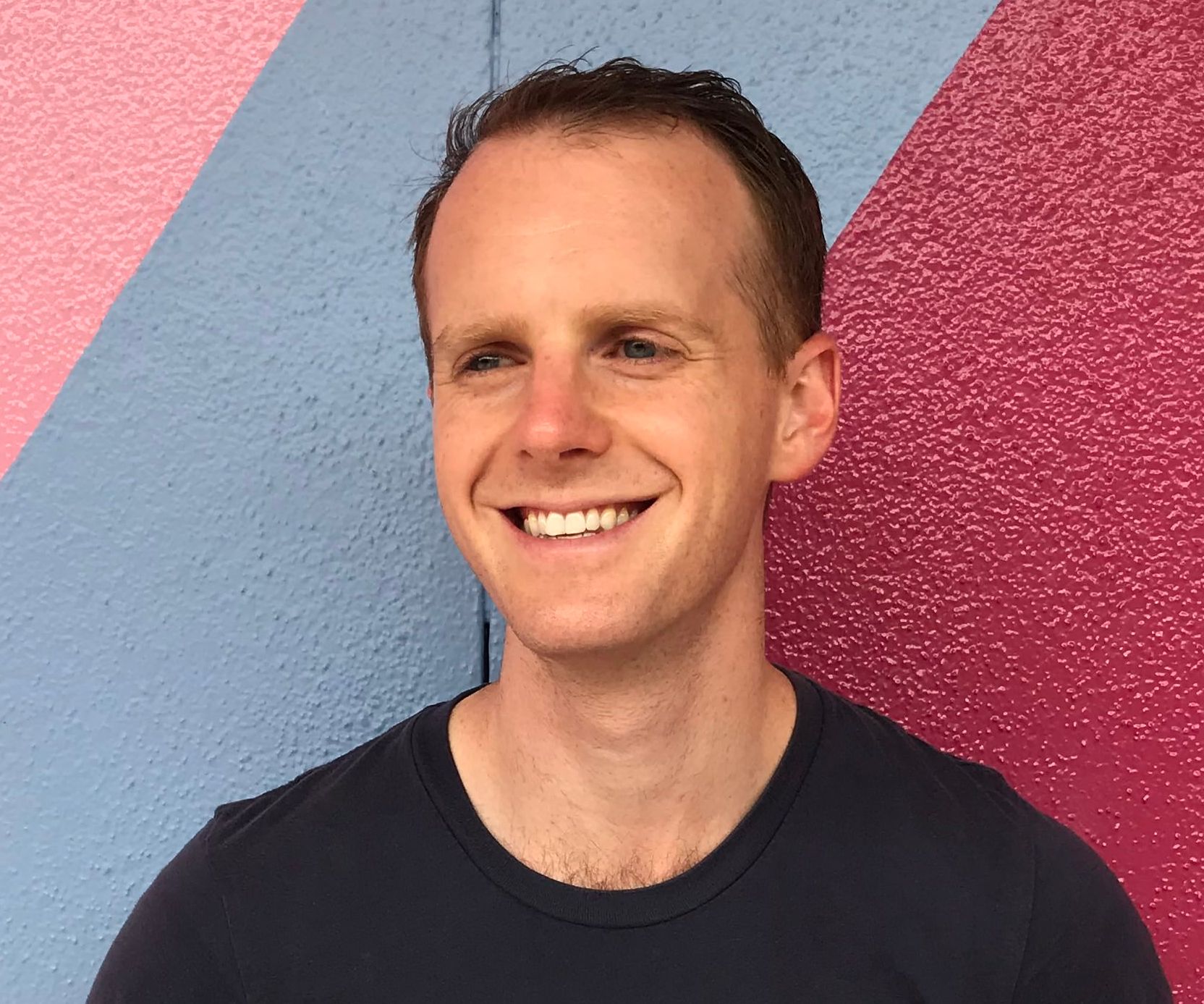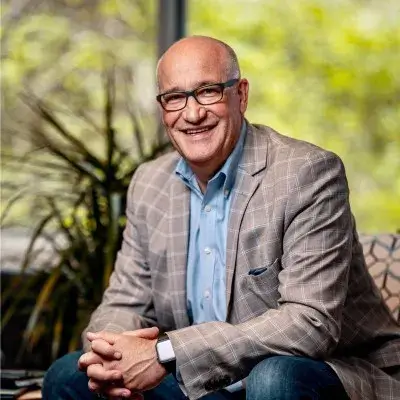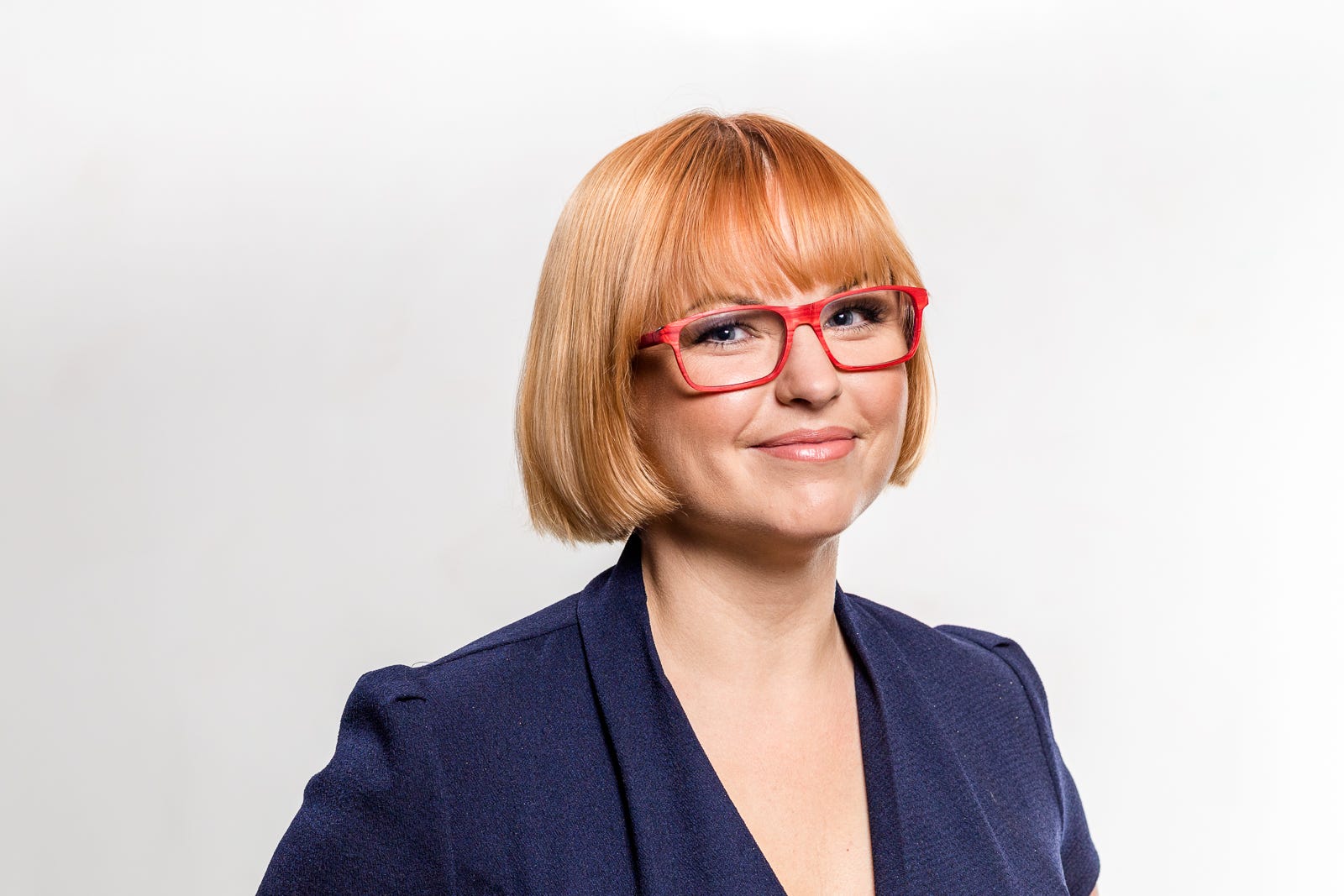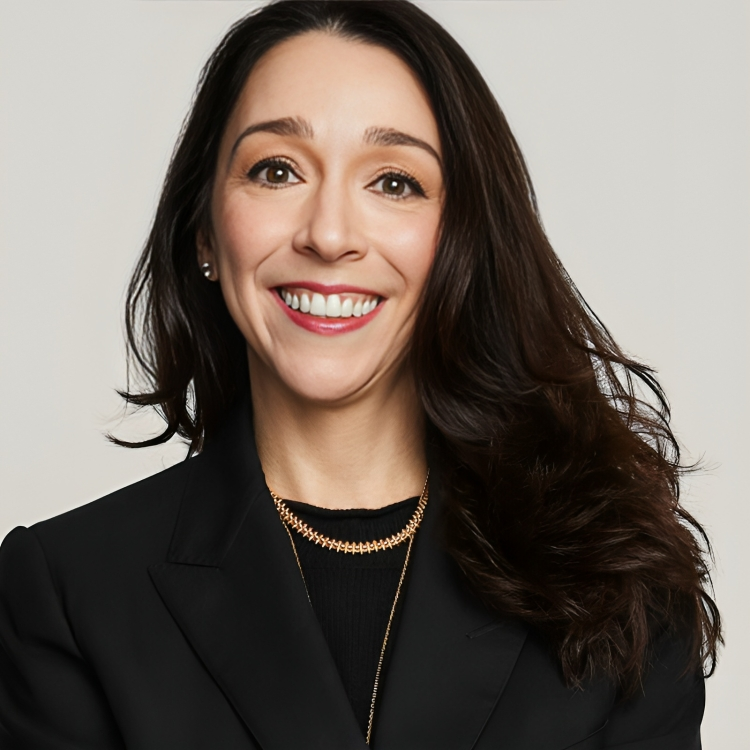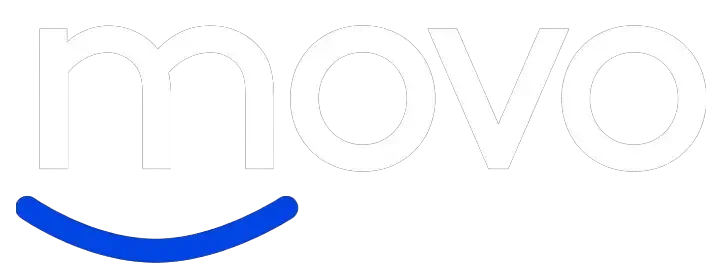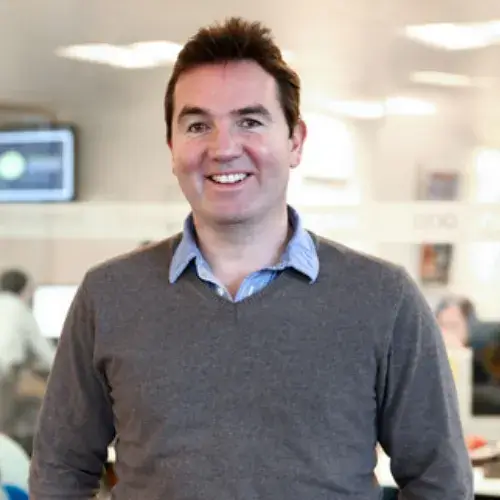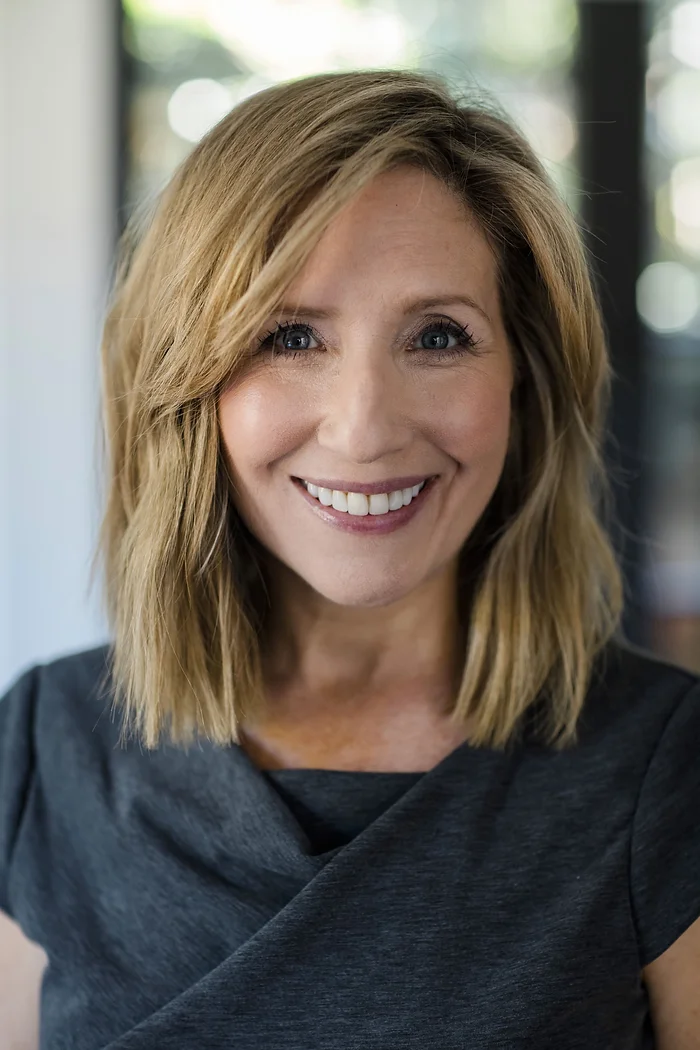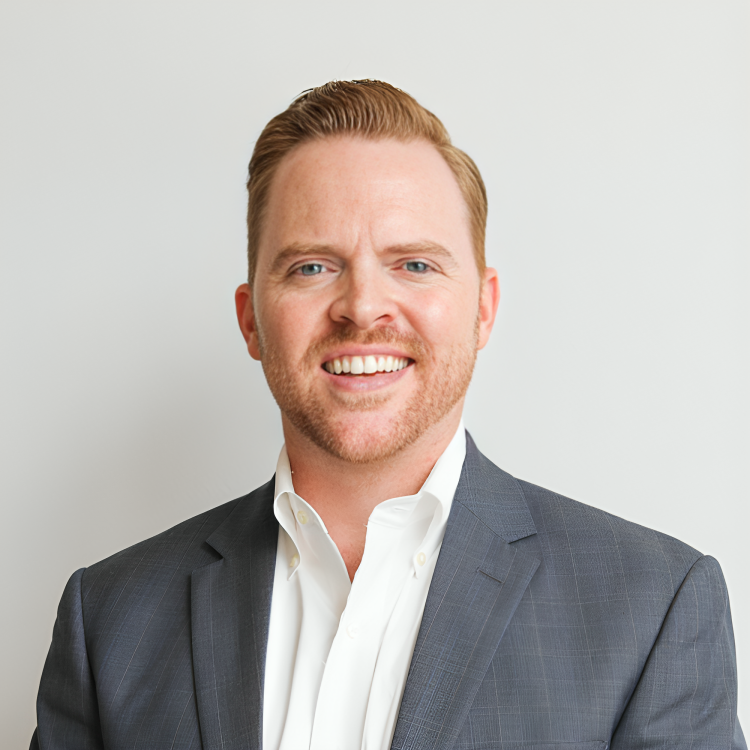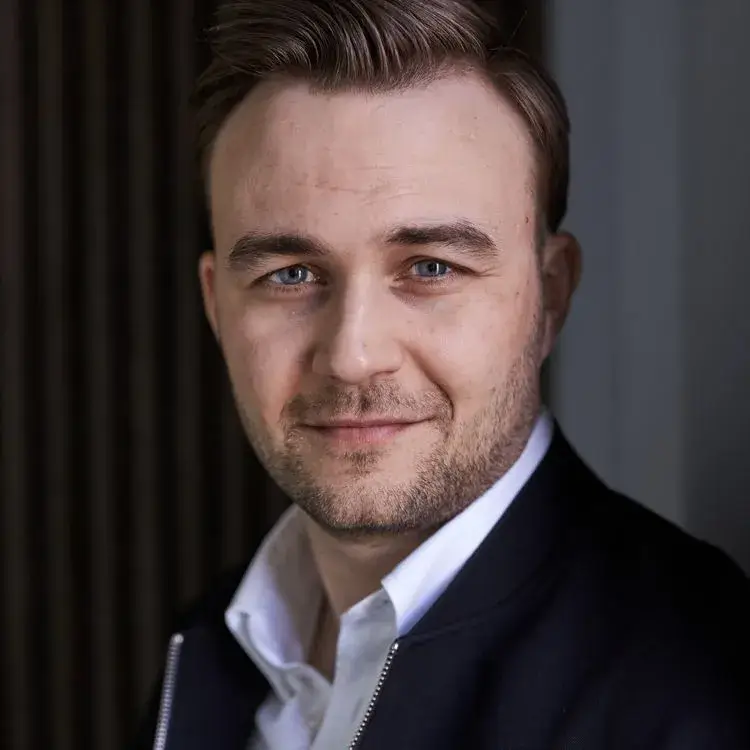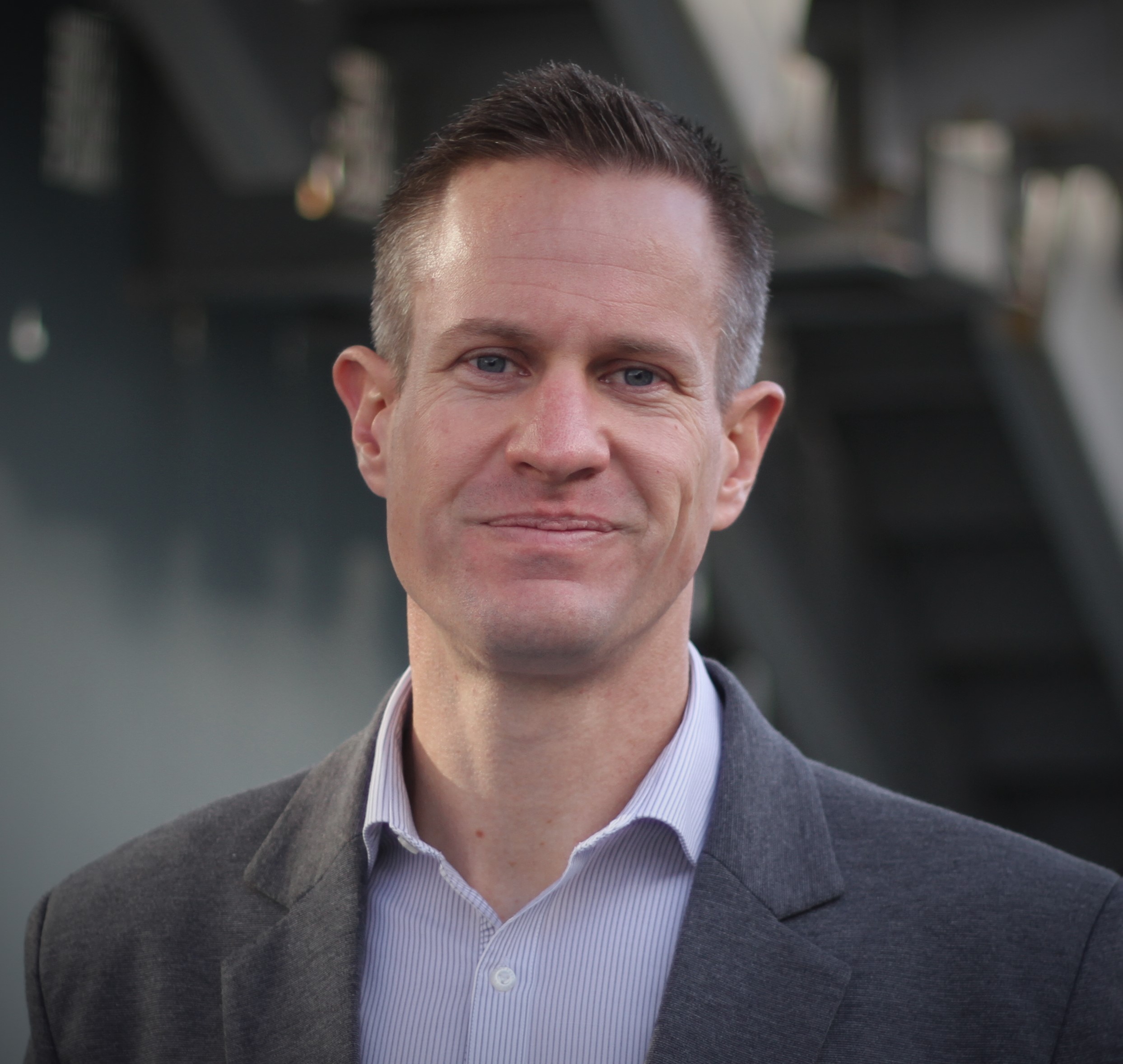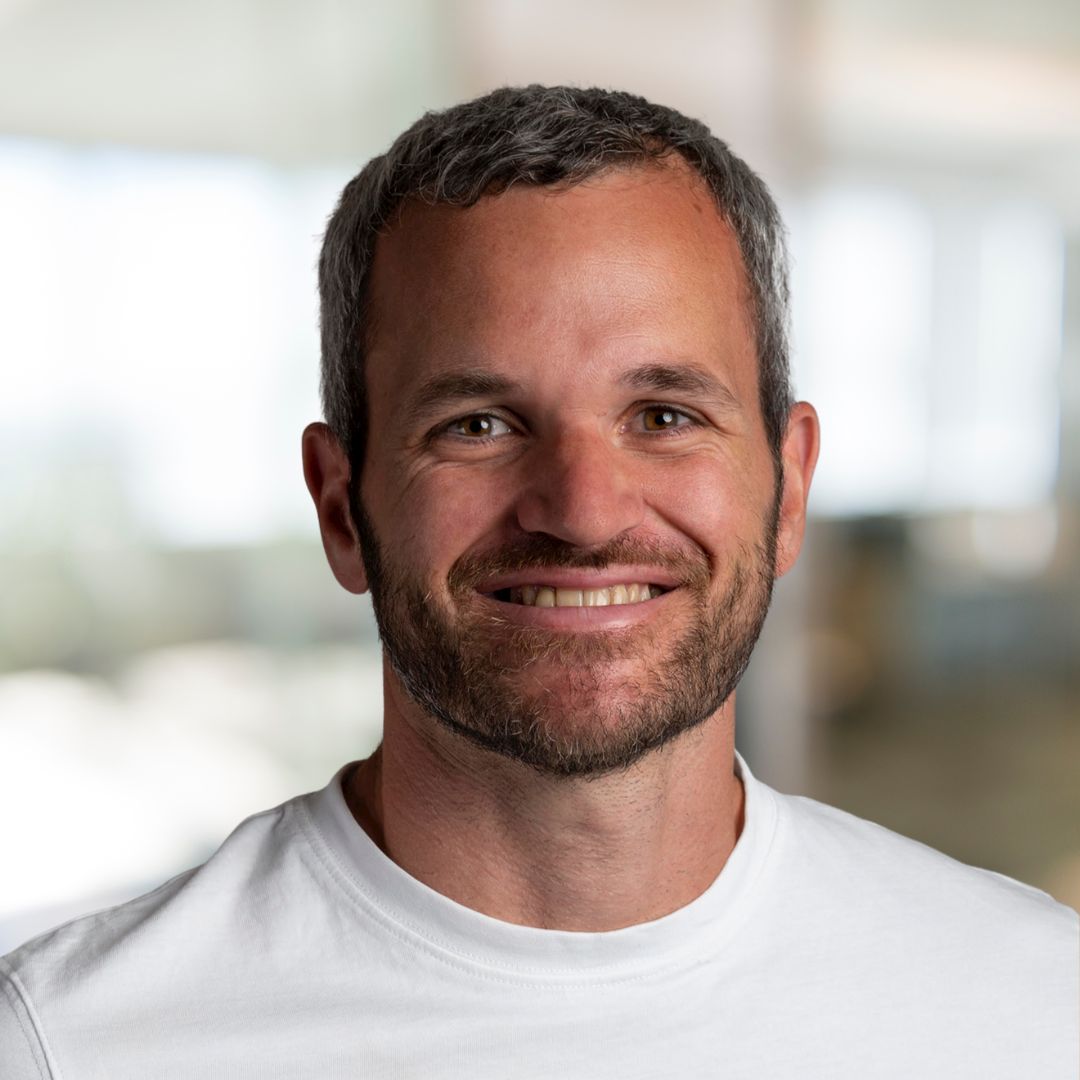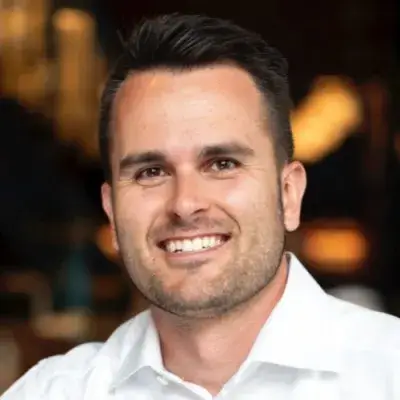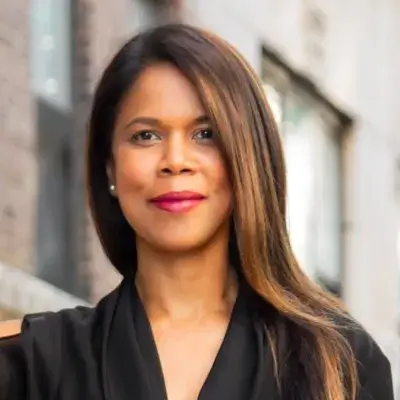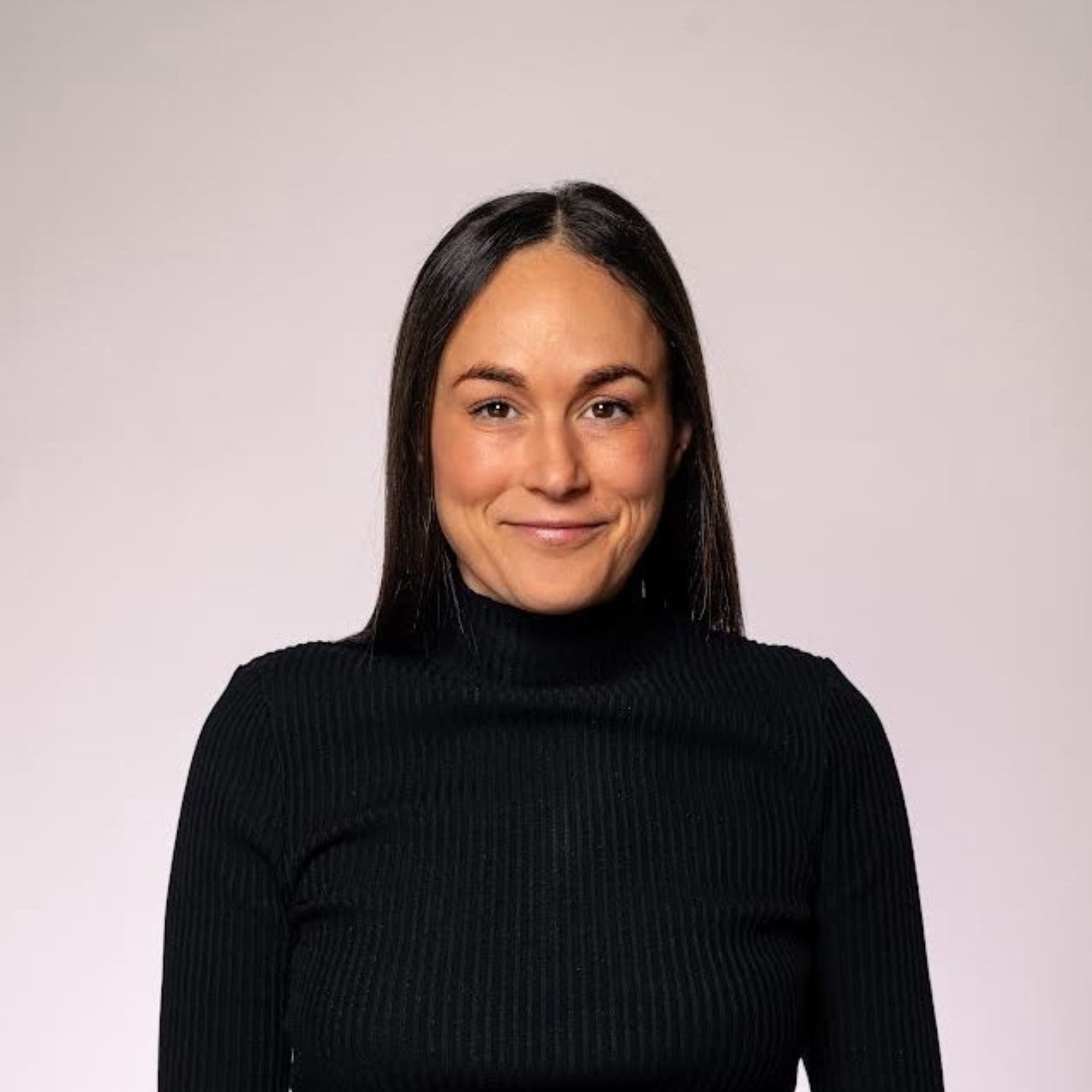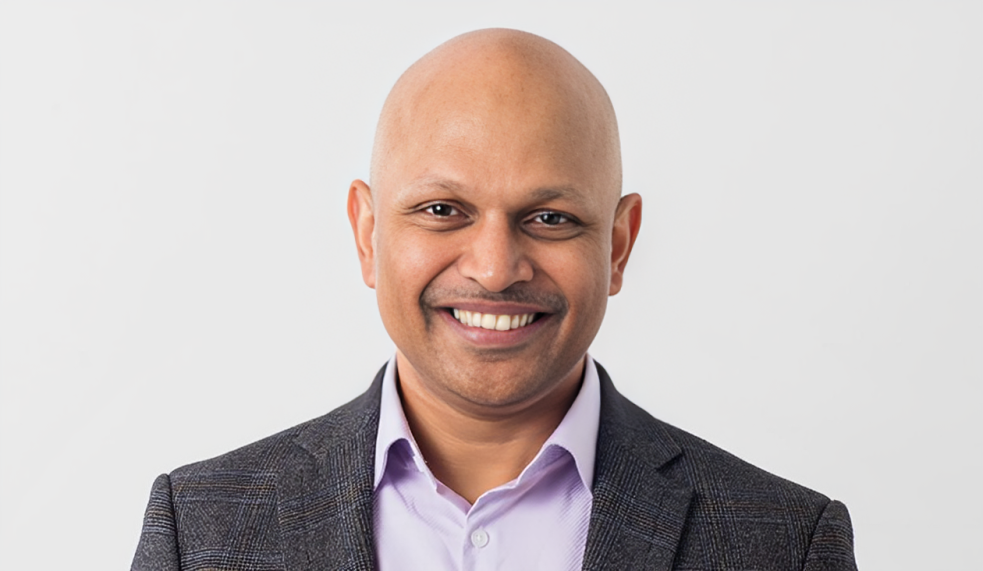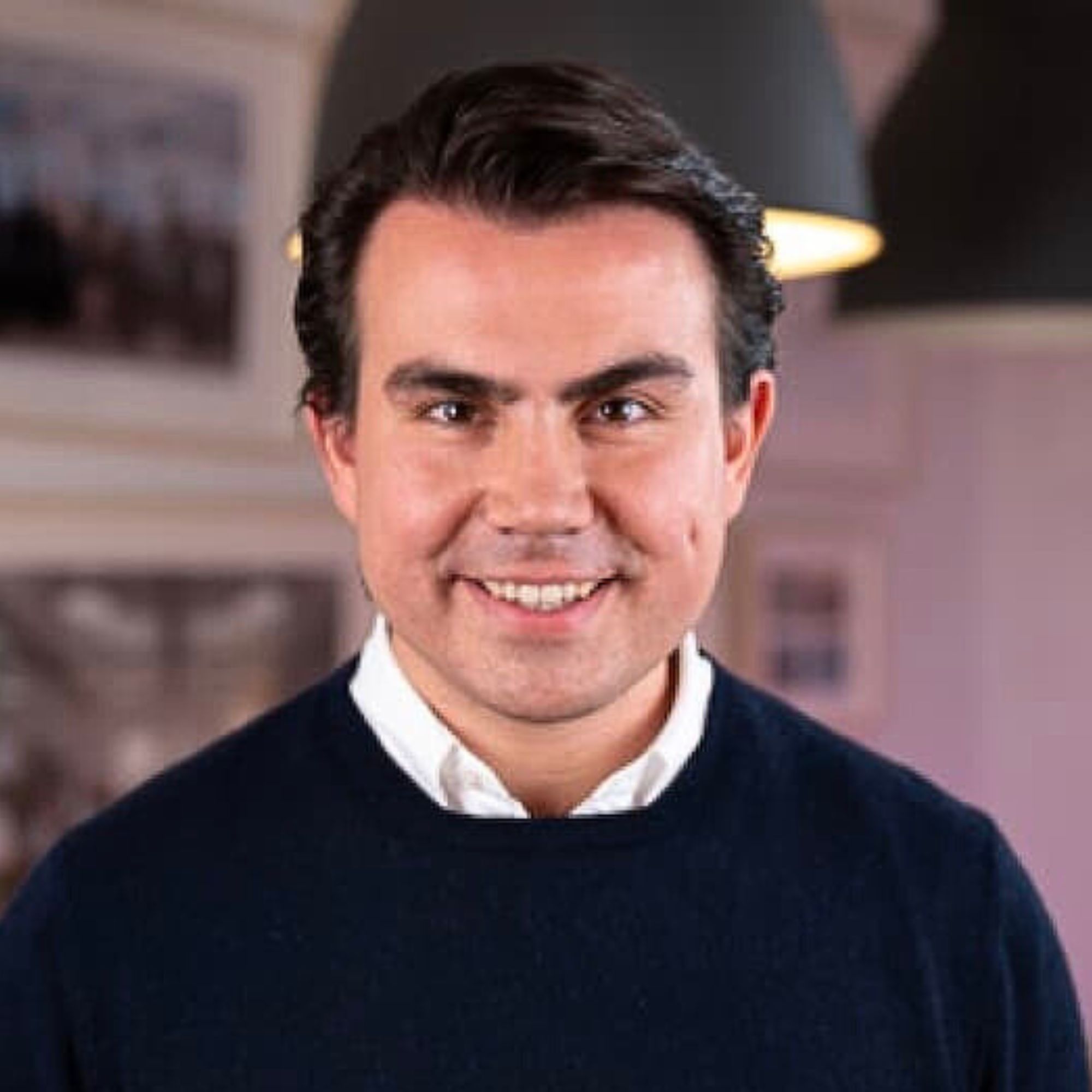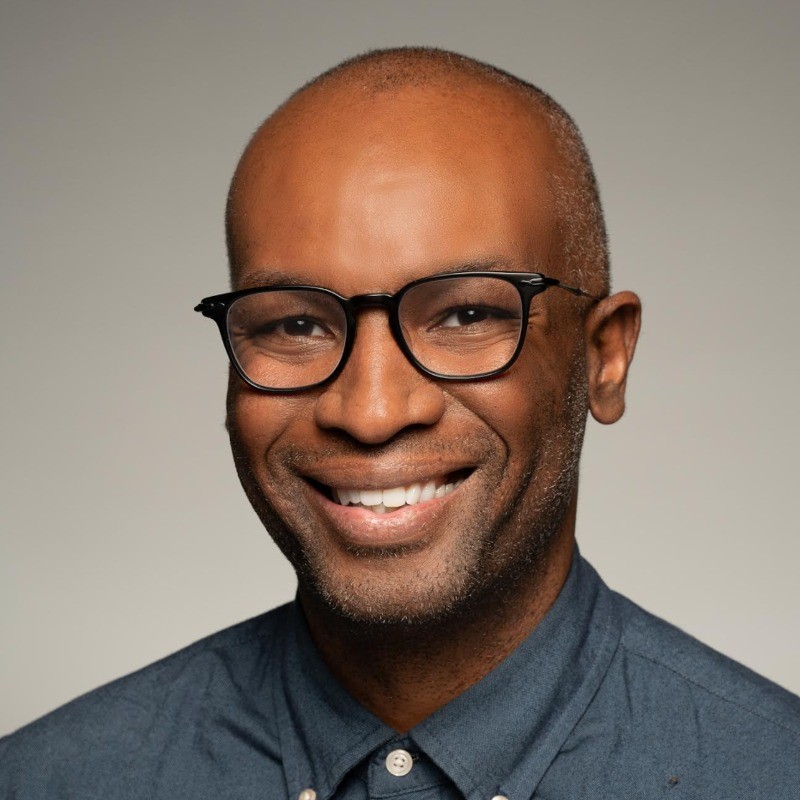Ready to build your own Founder-Led Growth engine? Book a Strategy Call
Frontlines.io | Where B2B Founders Talk GTM.
Strategic Communications Advisory For Visionary Founders
Actionable
Takeaways
Prioritize real-world functionality over pitch decks:
Erik emphasized that for complex, visual products like Katmai, traditional pitch materials didn't work. "We didn't even have a deck for series A because they don't work. The deck doesn't work. You've got to just see it or see a video of it." B2B founders with experiential products should prioritize creating functional demos over traditional marketing materials.
Build around natural behavior patterns:
Katmai succeeded by mapping digital interactions to natural in-person behaviors. "We map everything one-to-one of what would it be like to sit next to each other at a table and show each other laptops and have a conversation and then look over the shoulder." Founders should design products that feel intuitive by mimicking familiar real-world interactions rather than creating entirely new behavioral patterns.
Balance technological innovation with methodical rollout:
As a deep tech investment, Katmai spent years on R&D before broader release. "Had I known how to frame it on day one, I would have pitched it as a deep tech investment... we're going to be heads down for like two more years, just hashing this out, making it work." B2B founders working on fundamental innovations should set appropriate timelines and expectations for both investors and customers.
Transform scheduled meetings into spontaneous conversations:
Katmai's core value proposition addresses meeting fatigue. Erik shared customer feedback: "Katmai turns next week's 30 minute meeting into today's 5 minute conversation." B2B founders should identify where their product can eliminate friction in workflows rather than simply digitizing existing processes.
Implement gradual adoption strategies:
Recognizing behavior change is difficult, Katmai recommends an "office hours" approach to adoption. "Take your stand up that you were going to do with your remote team and do it in Katmai. Maybe that's once a week, maybe it's every day... then don't leave when the meeting's over." B2B founders should create clear, incremental adoption pathways that don't require customers to immediately abandon existing tools.
Conversation
Highlights
The Accidental Startup: How Katmai Is Reimagining Remote Work
When the pandemic shut down Erik Braund’s thriving audio-video production business in early 2020, he had no plans to launch a deep tech startup. Yet within months, he’d bet his savings on an obscure prototype with “40 or 50 followers” on Twitter, assembled a team that included a visual effects supervisor from “The Matrix 4,” and embarked on a journey to reimagine remote collaboration.
In a recent episode of Category Visionaries, Erik Braund, CEO and Founder of Katmai, shared the unlikely origin story of his virtual office platform that has since raised over $30 million in funding.
From Audio-Video Production to Deep Tech Innovation
Before Katmai, Braund had built a successful career in audio-video production, working with clients ranging from The New York Times to Morgan Stanley. When the pandemic hit, everything changed.
“January of 2020, I start to realize, weird. My business was pretty busy and booked out three to six months at a time, and there’s nothing on the calendar,” Erik recalls. “Next thing you know, it’s like, everything has stopped.”
While helping clients navigate the sudden shift to remote work, Braund stumbled upon an early prototype created by a Dutch developer named Gerard. The rudimentary 3D environment allowed people to move around a virtual space and talk to each other naturally—completely different from the grid-based video calls that were becoming the norm.
“I clicked on this thing and it was a very early version of what you just saw,” Erik explains. “I sent the link to a friend. It was like, is this what I think it is? And we got on it. I was like, oh, this is clever. And like that, I saw like, everything flash before my eyes.”
That moment of recognition led to a pivotal decision: Braund purchased the prototype, invested his savings, and convinced Gerard to join him in building what would become Katmai.
The Technical Challenge: Building a 3D Engine for the Browser
Creating a virtual office platform wasn’t simply about designing digital environments—it required solving complex technical challenges to make a 3D environment work smoothly in a browser.
“Version one nearly melted a $6,000 computer in about 30 seconds,” Erik shares. “It’s like, well, those fans have never gone that high. Like that sounds like a dog whistle. Oh. And then the computer shuts off.”
The team spent years testing and optimizing their technology, a period Erik describes as “a long time testing, building, building, solving lots of deep technical challenges related to making a computer play a 3D video game in a browser, downloading live audio, uploading live audio, live video permissions, security.”
This deep technical work differentiated Katmai from the market. While Meta (formerly Facebook) pushed VR headsets for virtual collaboration, Braund chose a different path.
“Meta or Facebook rebranded to Meta and said we should all wear these big headsets and be cartoons of each other,” Erik says. “That is total dystopia as far as I’m concerned…our software works on billions of devices.”
Rethinking Remote Work Culture
Katmai’s core innovation isn’t just technical—it’s about reimagining how remote teams work together. Traditional video conferencing excels at scheduled meetings but fails to recreate the spontaneous interactions that make office culture valuable.
“One of our customers says, Katmai turns next week’s 30 minute meeting into today’s 5 minute conversation,” Erik explains. “Another one is like, we don’t email. We really don’t like to slack. We cat my. He’s like, when I see the slack going off the rails, it’s like, hey, we have cat my. This is why we have cat my.”
This approach to virtual presence focuses on what Erik calls “recapturing culture” rather than surveillance, challenging the narrative from executives like JP Morgan’s Jamie Dimon that remote work inherently limits career advancement.
“Do you know how many even mentorship opportunities we’ve had just in our own company?” Erik asks. “It happens all the time. It’s like, oh look, hey, that person just started. Let’s bring them in this meeting.”
Go-To-Market Strategy: From Deep Tech R&D to Commercial Product
Despite the promise of the technology, Katmai faced significant go-to-market challenges. How do you explain a product that’s difficult to describe in words? How do you collect user feedback while maintaining stealth mode?
“Katmai specifically is impossible to explain to someone what it is,” Erik admits. “Imagine raising money on a cold email being like, oh, here’s the deck. It’s like, no, there’s no deck. We didn’t even have a deck for series A because they don’t work.”
This experiential nature of the product shaped Katmai’s entire go-to-market approach. Rather than traditional fundraising materials, they focused on demonstrations. Rather than rapid scaling, they prioritized robust technical performance.
“Had I known how to frame it on day one, I would have pitched it as a deep tech investment,” Erik reflects. “But like, we’re going to be heads down for like two more years, just hashing us out, making it work.”
The company remained deliberately low-profile during its development phase, focusing on patents and building a foundation that could scale. In 2024, they finally released a comprehensive overhaul focused on ease of use and began offering free trials without credit cards.
Implementation Strategy: Designing for Behavior Change
Recognizing that behavior change is challenging, Katmai developed a gradual adoption strategy for new customers. Rather than asking companies to immediately replace existing tools, they recommend an “office hours” approach.
“Listen, we’re not trying to say drop zoom or teams or meet or whatever you use right now on day one,” Erik explains. “We are saying take your stand up that you were going to do with your remote team and do it in Katmai. Maybe that’s once a week, maybe it’s every day. Whatever it is, then here is the trick. Don’t leave when the meeting’s over.”
This approach allows teams to experience the difference between scheduled video meetings and the organic interactions possible in a virtual space. The “aha moment” comes when users realize they no longer need to schedule meetings or send messages to connect with colleagues.
“I don’t have to text you to see if it’s okay to call you,” Erik says. “I don’t have to slack you to see if you want to get on a slack huddle. I don’t have to schedule a meeting. It’s just like, you’re just there.”
From Enterprise to Consumer Experiences
While Katmai began with enterprise customers, they’ve expanded into consumer-facing experiences through partnerships with major brands. In 2023-2024, they collaborated with Starbucks on experiences that reached millions of users.
“We served the scale to millions of people,” Erik shares about the Starbucks partnership. “Which was, you can imagine, terrifying, sitting on the edge of your seat being like, yeah, we’ve done like 100,000, 200,000. We’re expecting 5 million.”
These consumer experiences, labeled “Powered by Katmai,” represent another growth vector for the company beyond their core virtual office product. Looking ahead, Erik envisions Katmai evolving into more of a platform that powers a variety of virtual experiences.
Balancing Vision with Focus
Throughout Katmai’s journey, Erik has maintained a delicate balance between expansive vision and disciplined focus. Despite numerous opportunities to pivot or expand, he’s kept the company centered on their core technology and product.
“I sat in an investor meeting with a potential investor that basically if I had gone in and pitched him, hey, we’re a consumer platform, I probably could have got a check for 15 million bucks,” Erik reveals. “Did I get the check? No, because I was like, well, the product today is this…I have to stay focused.”
This commitment to building systematically rather than chasing every opportunity reflects a seasoned founder’s understanding that technology capabilities must be matched with market readiness and organizational capacity.
For B2B founders, Katmai’s journey offers valuable lessons about rethinking fundamental assumptions, investing in deep technical foundations, and designing thoughtful adoption pathways for products that require behavior change. As remote and hybrid work continue to evolve, the company’s “accidental” innovations may well shape the future of how distributed teams collaborate.
















